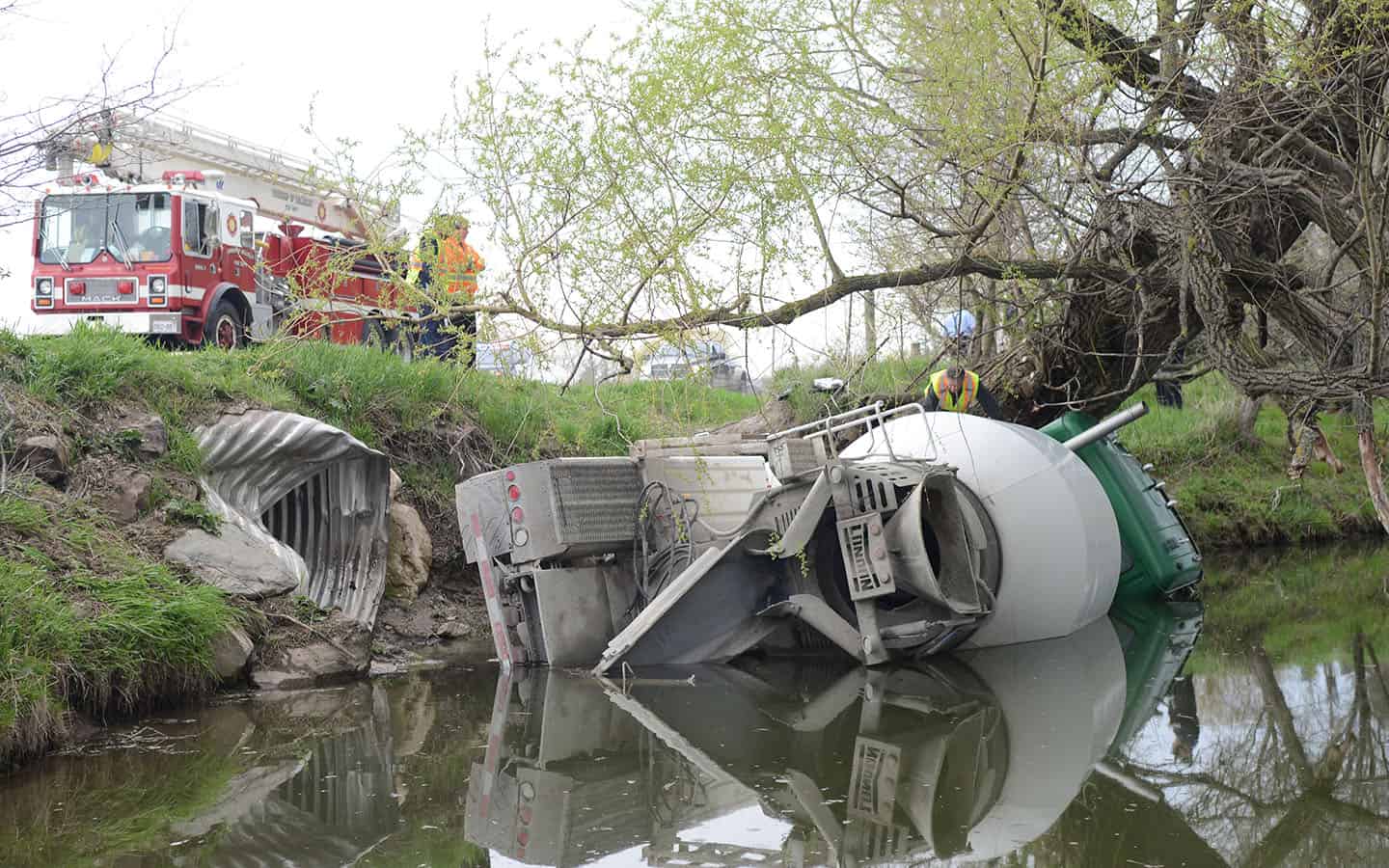The Waterloo Region District School Board has said it does not expect it will lay off teachers despite a drop in provincial funding for the new school year. The board is, however, expecting a $12-million shortfall in 2019-20 due to the province’s new mandate for larger classroom sizes and mandatory online courses for secondary school students.
“At this point, we do not anticipate having to lay off staff and are confident we can address current staffing challenges through natural attrition, regular staff leaves, and as an outcome of experiencing growth in our enrolment,” the board said in a release.
WRDSB nonetheless expects there will be a reduction in service levels.
“Due to the elimination of the central positions, there will be an impact to learning service supports available to schools and we will continue to explore how to best address these changes and examine alternative service delivery models.”
Cost-cutting measures by the province will see the average Ontario secondary school class increase in size by six students, to 28 from 22. Classrooms in Grades 4 to 8 will grow by one student to 24.5 students on average, while younger grades are being left unchanged.
The cuts come as part of a government-wide effort to rein in Ontario’s massive debt, which the PC government says has ballooned to $347 billion. Interest payments on the debt are pegged at $13 billion a year by the Ontario Financing Authority – or just over half the total education funding for school boards this year.
The 2019-20 Grants for Student Needs (GSN) funding, which accounts for the majority of provincial funding for school boards, is projected at $24.66 billion by the province, just slightly higher than the $24.61 amount estimated for the current 2018-19 school year.
As part of the province’s effort to find savings through what it calls efficiencies, the provincial government is offering funding to large urban municipalities and school boards that are able to find savings of four per cent in the books.
A total of $7.35 million has been has been earmarked for the Audit and Accountability Fund, which is available to applicants willing to conduct “line-by-line reviews to identify potential savings, while maintaining vital front-line services.”
“With the introduction of the Audit and Accountability Fund, I am glad we can help our partners find four cents on the dollar in savings to make sure we can provide sustainable public services for our children and grandchildren,” said Kitchener-Conestoga MPP Mike Harris in a statement.
The Waterloo school board is waiting on full funding details to be released by the province, after which WRDSB staff are planning to present a budget to school board trustees sometime in June.
Last year, the WRDSB budgeted its GSN funding at $711 million.
“As we address the budget shortfall, our priority is to minimize the impact on students. We remain committed to making decisions that are in the best interests of each and every student,” read the board’s statement.









